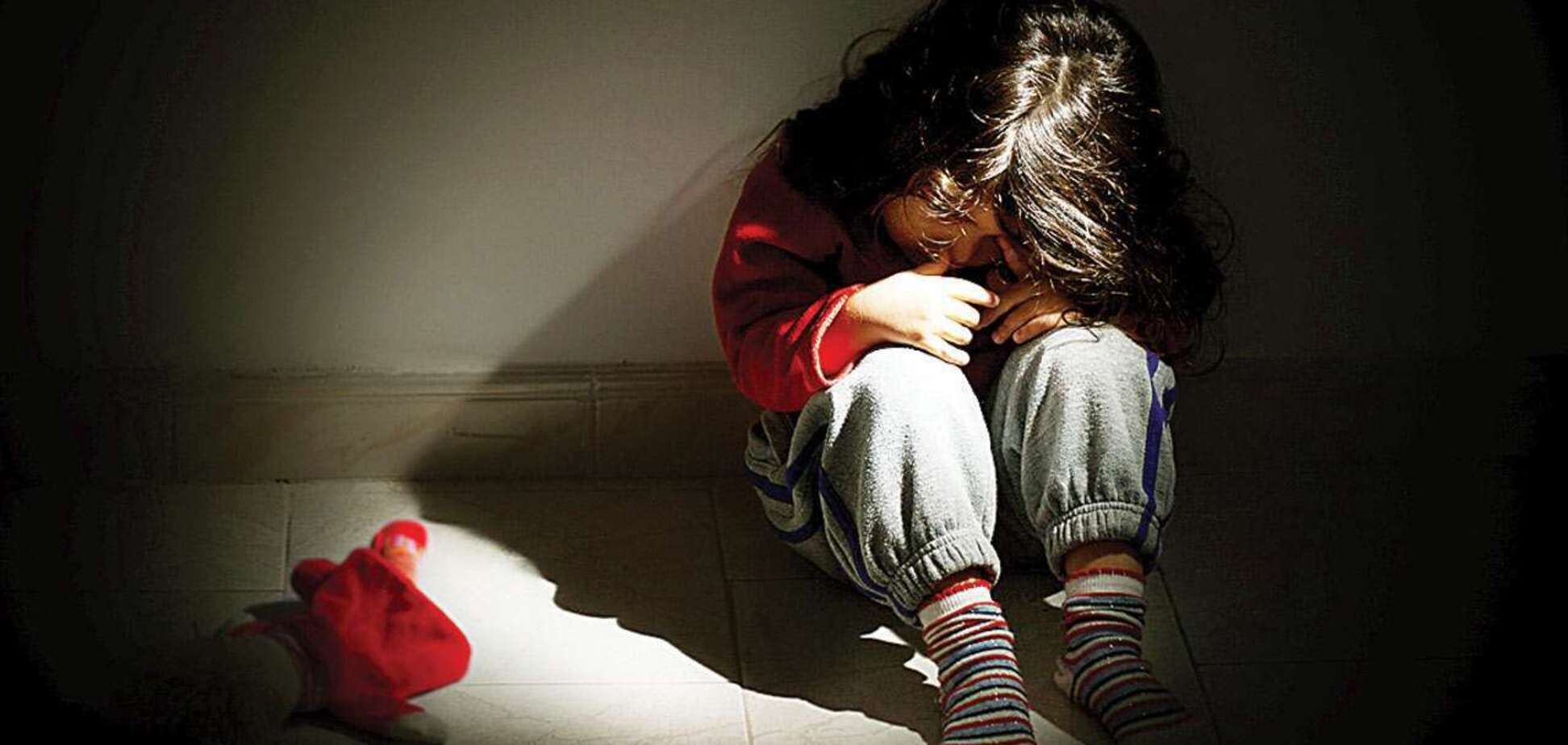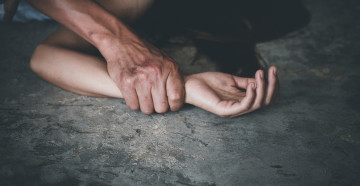I constantly strive to develop and acquire new knowledge, my experience and additional education confirm this.
Article 152 does not limit recognition of rape to extramarital sex. Therefore, a person who is married to the perpetrator can also become a victim of this crime. Provocative behavior of the victim does not exclude criminal liability under Article 152, but can be taken into account when determining the punishment. The moral characteristics of the victim, the presence of previous sexual relations with the suspect of rape, as well as her reaching marriageable age or sexual maturity do not affect the qualification of the crime under Article 152. From the point of view of the objective party, rape consists in sexual relations, which are accompanied by: 1) physical violence; 2) the threat of its use; or 3) using the helpless state of the victim. Sexual intercourse in Article 152 refers to natural (heterosexual) sexual intercourse, namely the union of male and female genitals. To determine the fact of the presence of such sexual intercourse, a forensic medical examination may be prescribed.
Other ways of satisfying sexual passion, apart from natural sexual intercourse, are not considered rape, provided that they are not combined with violence or use of the victim's helpless state. Such actions can be qualified under other articles of the Criminal Code, for example, under article 153 in cases where the connection of a male penis with a woman's vagina occurs with the use of violence or a helpless state, for example, the application of physical pressure on the member or its fixation to an object. List of methods , which may lead to the qualification of actions as rape, is exhaustive.Therefore, illegal offers to a person to have natural sexual intercourse are not punished, if they are not accompanied by any of the listed methods. The actions of a person who obtained consent to sexual intercourse not through violence or helplessness, but through deception or abuse of trust (for example, the promise of a spouse or payment for services), do not have the characteristics of this crime. Although criminal law is supposed to protect a person from violations of his sexual freedom, it cannot affect the consequences of his own negligence or carelessness in personal affairs.
Physical violence in the case of rape may include blows, beatings, as well as any other actions aimed at depriving or restricting the personal will of the victim, causing bodily harm, etc. This aims to force the victim to have natural sexual intercourse, to overcome his physical resistance or refusal of sexual contact. When incriminating Article 152, it is important to establish that the will of the victim was clearly expressed, since the refusal may not always be clearly manifested. For example, the detection of physical resistance can be perceived as an element of play or a manifestation of shyness. In such cases, it is necessary to carefully consider the nature, intensity and purpose of violent actions. The qualification under Article 152 is excluded if sexual intercourse is consensual, but one of them uses physical violence against the other. There is also no qualification under this article if physical violence is used in retaliation for a refusal to engage in sexual intercourse. In such cases, violation of sexual integrity can be considered as a crime against a person's life or health.Pretrial protection in rape cases includes a number of measures and procedures aimed at protecting the rights of the victim and ensuring a fair trial. The victim has the right to consult with a lawyer who will provide him with legal support, explain his rights and options, and help prepare for the questioning and other stages of the court process. The victim can contact the law enforcement authorities (police) to file a crime report and start an investigation. The victim has the right to a medical examination, which can be conducted to record physical injuries and other traces of rape. The victim can be questioned, during which she can talk about the circumstances of the crime and give her testimony. Law enforcement agencies must keep all possible evidence that can be useful for the investigation and court. The victim can receive psychological support or counseling to help overcome the emotional and psychological consequences of rape. Pretrial protection also aims to protect the victim from any pressure or influence from the accused or their representatives. The victim's lawyer can help in the study and analysis of evidence, in particular, testimonies and other materials that confirm the facts of rape. These measures are aimed at ensuring.





























